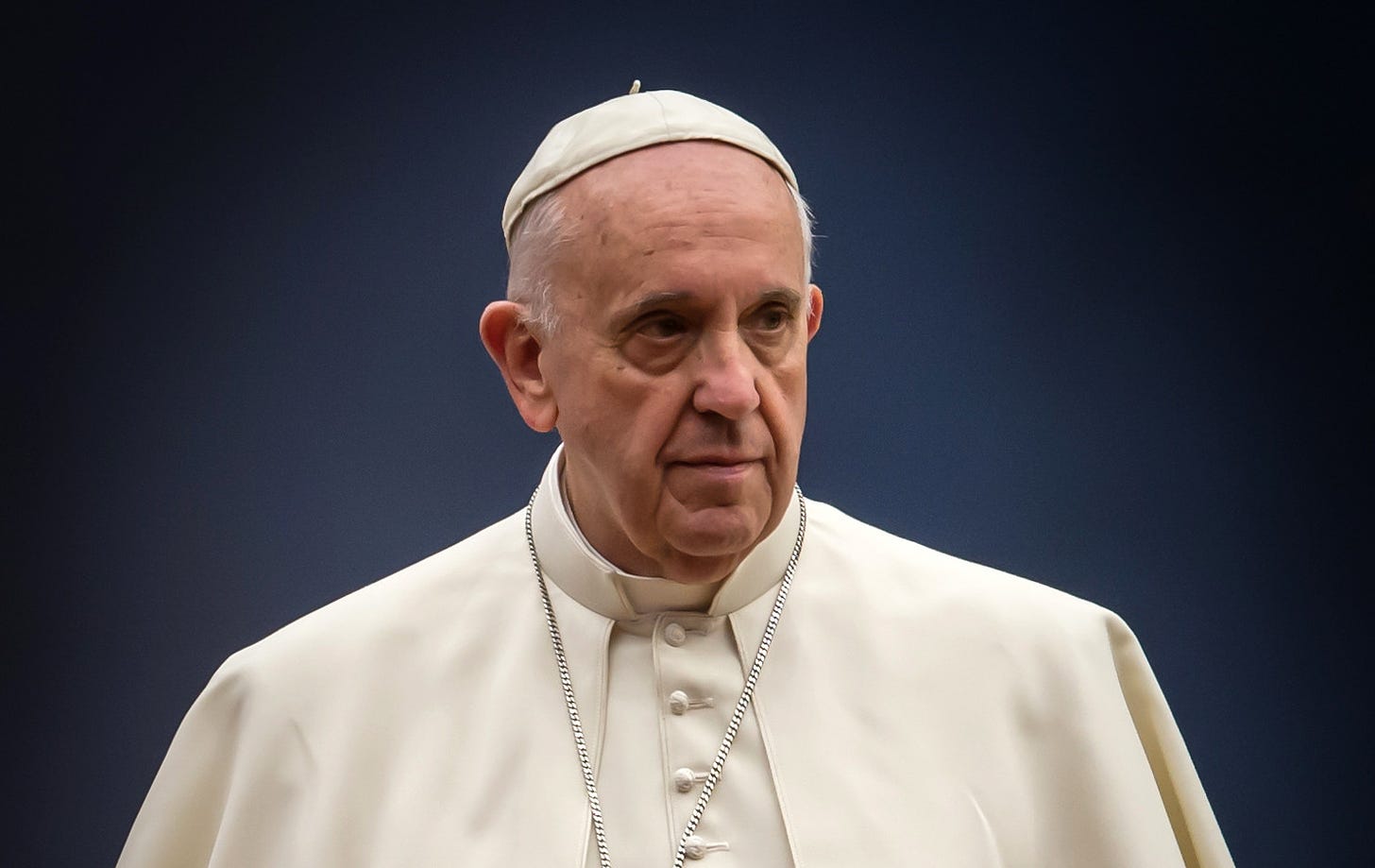Last week, in the rather prosaic setting of Bristol, England, a gathering of some dozens of aspiring reformers gathered for what they ambitiously called the “Root and Branch Synod.” It was not a mainstream Catholic event, and would have probably escaped much notice, except that its participants plan on moving their discussion, and their agenda, into the mainstream of the upcoming synod on synodality. And it might work.
The event was not, as its name might suggest, a “synod” at all; a synod is a formal ecclesiastical event, convened by, under, and in communion with the hierarchy.
What happened in Bristol was an independent meeting of fringe figures and aspiring radical reformers, the agenda for which appeared often to have more to do with the airing of grievances and demands to be taken seriously, than it did with constructive proposals for Church renewal.
But while it would be tempting to dismiss the Bristol gathering as an old-fashioned goat rodeo of the silliest variety, the reality is that the event’s main speakers want to take its ideas to a very real synod near you, and soon.
Addressing the forum via video link was former Irish head of state Mary McAleese, who took a doctorate in canon law after leaving office. Last Friday, she reminded the assembled group how Francis had “failed” to reverse Church teaching on same-sex unions, and authorized Vatican opposition to German proposals to do so.
“That tells me just how ultra-conservative he really is,” McAleese told the room. She received a standing ovation.
“Ultra-conservative” is not a label often applied to Pope Francis, at least not in recognizably mainstream or informed discussions of the Church’s life. However, its use by McAleese, and its hearty endorsement by attendees, provides an important insight into a section of Catholics who are, by their own admission, angling to shape the discussion during the upcoming synod on synodality.
The Vatican’s two-year process will involve synodal events at the diocesan, regional, and national levels, all feeding into an eventual meeting in Rome, slated for 2023, and the secretariat of the synod in the Vatican released its preparatory documents for the process a few weeks ago.
Key among its recommendations is that bishops not act to “stifle authentic and unfettered input by the faithful,” especially by those at most risk of being marginalized, including those who do not accept Church teaching or do not practice the faith.
Bishops “should pay special attention to the voices of those who are not often heard and integrate what we could call the ‘minority report,’” into their feedback to Rome, the synodal handbook says. “The feedback should not only underline positive experiences but also bring to light challenging and negative experiences in order to reflect the reality of what has been listened to.”
While some synod-watchers have downplayed the potential of the Vatican’s process to legitimize opposition to the Church’s teachings and authority, participants at the Root and Branch event have made clear they see an opportunity to do exactly that.
McAleese suggested that, despite being an “ultra-conservative”, the “very disorganized” Pope Francis may have “in his own chaotic way” opened the door to the reforms she wants to see via the synodal process.
Citing with approval the ongoing German “synodal way,” which has called for, inter alia, the ordination of women, the blessing by the Church of same-sex unions, the end of clerical celibacy, and the federalizing of doctrinal teaching authority away from Rome, McAleese called on Root and Branch attendees to involve themselves in the synod on synodality and demand radical reform.
“We have to hope and pray that enough faithful in every diocese, including laity, religious, priests and bishops, will find the courage to insist that the recognition in Church law of the equality and intellectual freedom of all Church members be a priority in the national episcopal reports that will go to Rome for the 2023 synod,” she said.
Provided that bishops were prevented from “sanitizing” their calls for reform, she said, the synod could be “the greatest reset button the Church has ever hit.”
Many, including many bishops, will be looking for the synodal process to deliver real and authentic moments of dialogue in the life of their local Church, and many will want to hear from Catholics who have lapsed from the faith either in part or entirely.
This kind of conversation can, if nothing else, help the Church better understand the catechetical challenges she faces among her own members, and clarify where there have been perhaps generational deficiencies in handing on the full understanding and beauty of the faith.
Skeptics of the synod, and especially of the preparatory documents, have warned that the process seems, either by accident or design, tilted towards the enfranchisement of fringe voices and the creation of rival form of lay authority “in conversation with” the hierarchy. McAleese and friends appear to have noticed the same thing, and plan to come to the table not some much with an open ear as with a loaded agenda.
A truly synodal process, and an authentically synodal conversation, depends to a very great extent upon the good faith of the participants, and the existence of at least some common ground on which to meet. Few would recognize the slogan “Pope Francis, ultra-conservative” as either common ground or a good faith place to begin discussions.
Preserving an open mind about the potential good of the synodal process while remaining wary of those arriving with a very definite plan for something outside of the Church’s teachings and synodal tradition will require bishops and organizers to be, in the words of the Gospel, as cunning as serpents and simple as doves. It is a tall order.





